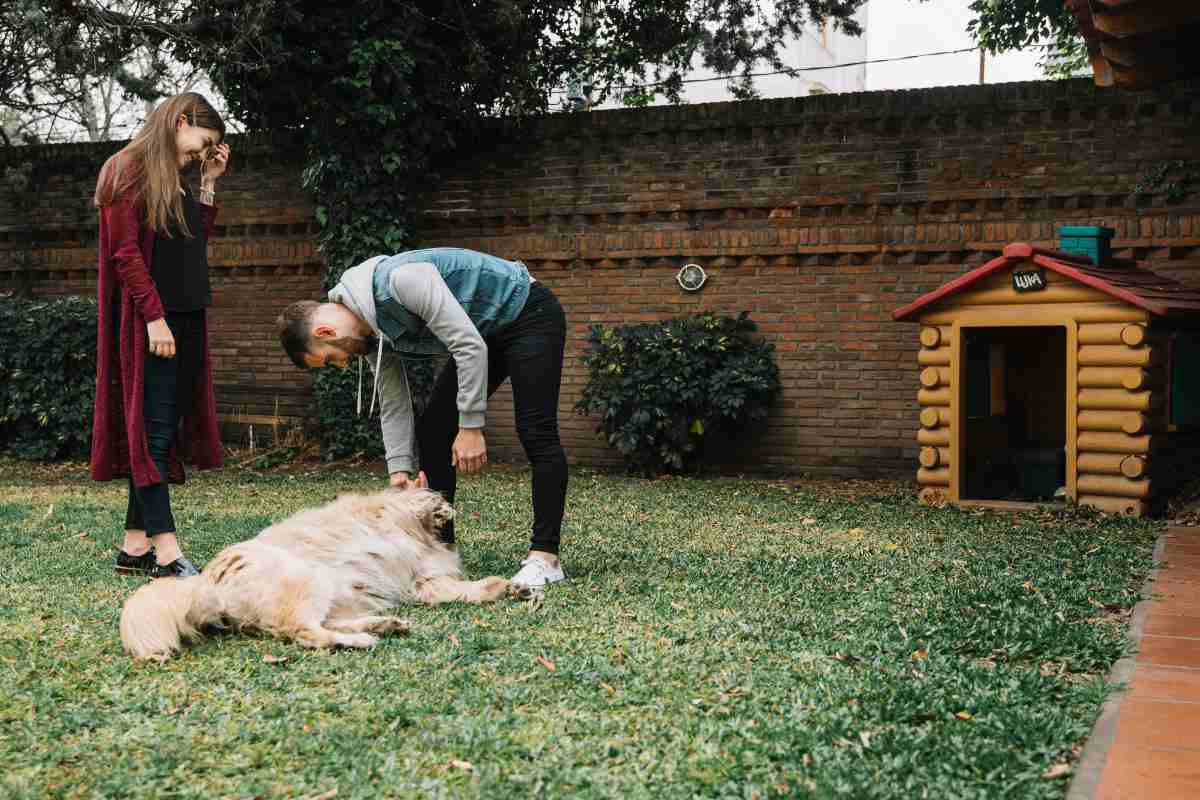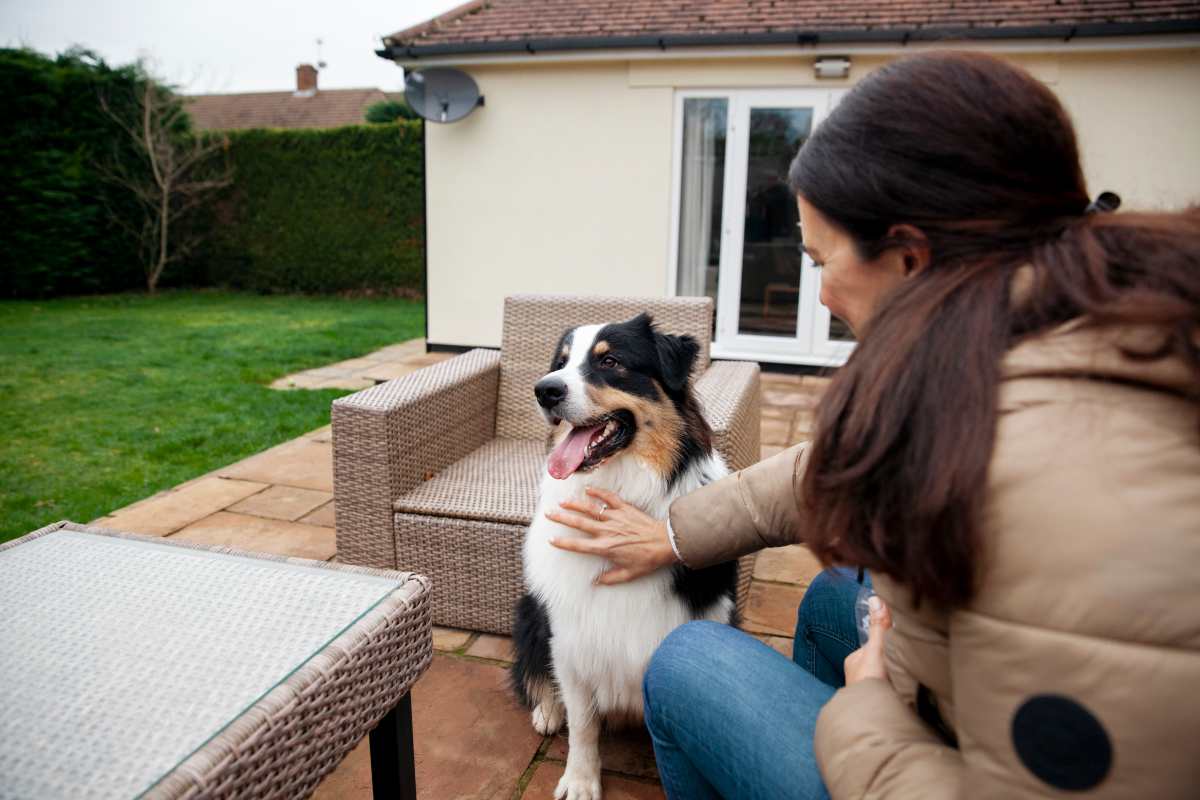In today’s evolving UK rental market, the question of keeping pets in rented property is increasingly significant for tenants and landlords alike. While many landlords impose strict “no pets” policies, recent legal developments have shifted the landscape, granting tenants more rights than many realise. Understanding these rights and the responsibilities of pet ownership is essential for a harmonious rental experience.
This article unpacks the current legal framework surrounding pets in rented properties, explores landmark cases that shape tenant protections, and offers practical advice to landlords and tenants navigating this complex issue.
Why Pet Ownership in Rental Properties is a Growing Concern
Pet ownership enriches lives, providing companionship and emotional support. Yet, rental housing often sparks disputes due to concerns over property damage, allergies, or noise. Historically, landlords have leaned towards blanket bans on pets, but the legal environment is evolving.
The main keyword, “keeping pets in rented property legal rights UK”, naturally fits into the ongoing conversation about tenant rights and landlord obligations. This guide will help clarify these rights, improve communication between parties, and prevent costly legal disputes.
The Landmark Case That Changed the Conversation: Chickens as Pets
A pivotal case in Greater Manchester brought tenant rights under scrutiny when Ms Brooks, a tenant of New Charter Housing Trust, was challenged for keeping chickens. The landlord pointed to a “no pets” clause in the tenancy agreement. However, Ms Brooks argued the clause did not explicitly cover chickens, and her defence rested on the Allotments Act 1950, Section 12.
The court ruled in favour of Ms Brooks, establishing that the Allotments Act provides tenants certain protections, even against blanket “no pet” clauses. This case underscores the importance of precise wording in tenancy agreements and demonstrates that tenants can challenge overly restrictive policies when the law supports their rights.
Understanding the Allotments Act 1950 and Its Relevance
 Legal rights for pets in rented properties
Legal rights for pets in rented properties
The Allotments Act 1950 plays a crucial role in defining tenant rights related to pet ownership:
- Right to Keep Animals: Tenants are permitted to keep animals on rented land, provided these are for personal Use and not commercial purposes.
- Restrictions: Animals cannot be bred or sold commercially (for example, selling eggs or puppies). Additionally, animals must not cause nuisance, property damage, or disturb neighbours.
While primarily relevant to short-term leases and council or housing trust properties, the principles of this act influence broader legal interpretations of tenancy agreements.
Legal Responsibilities of Landlords: Avoiding Overly Restrictive Clauses
Landlords must recognise the changing legal landscape and carefully draft tenancy agreements to avoid vague or overly harsh restrictions. Courts now scrutinise blanket bans, encouraging landlords to:
- Review and Update Contracts: Agreements should clearly define what is allowed regarding pets, avoiding broad prohibitions.
- Allow Reasonable Exceptions: Blanket bans may be legally challengeable if they fail to consider legitimate tenant needs.
- Educate Themselves on Housing Law: Understanding evolving legislation helps prevent disputes and litigation.
The New Charter Housing Trust responded to the court ruling by revising its contracts, reflecting a growing trend for transparency and fairness in tenancy documentation.
Balancing Tenant Rights and Responsibilities
While tenants have the right to enjoy their homes with pets, this comes with clear responsibilities:
- No Damage or Disturbance: Pets should not cause harm to the property or create noise that disrupts neighbours.
- Health and Safety Compliance: Tenants must maintain hygiene and safety standards.
- Personal Use Only: Animals must not be kept for commercial Use, such as breeding or selling.
Ms Brooks was permitted to keep her chickens but had to comply fully with other tenancy terms, demonstrating that pet ownership must be responsible and respectful.
Broader Implications: What This Means for the UK Rental Market
This case highlights several broader trends affecting landlords and tenants:
- Growing Legal Awareness: Tenants are becoming more informed about their rights, while landlords must keep up-to-date with legislation.
- Contractual Precision is Critical: Ambiguous clauses invite disputes. Precise, specific wording can prevent legal challenges.
- Judicial Trends: Courts increasingly favour tenants when landlords apply rules disproportionately or unfairly.
Rising Tensions in Landlord-Tenant Relationships
Restrictions extending beyond pets contribute to dissatisfaction:
- Limits on visitors.
- Prohibitions on personalising interiors (painting, hanging curtains).
- Overly rigid rules that diminish tenants’ sense of home.
Such rules can alienate tenants, especially those on long-term leases, undermining trust and community spirit.
Practical Advice for Landlords: Foster Fairness and Flexibility
To cultivate positive landlord-tenant relations and avoid costly conflicts:
- Stay Informed: Regularly update knowledge of tenancy laws and pet regulations.
- Be Flexible: Consider case-by-case allowances for pets.
- Use Clear Language: Draft tenancy agreements that specify acceptable pets, conditions, and tenant responsibilities.
- Avoid Over-Restriction: Don’t impose unnecessary rules that limit tenant autonomy.
Guidance for Tenants: Navigating Pet Ownership in Rentals
 Understanding pet legal rights in rented properties
Understanding pet legal rights in rented properties
Tenants wishing to keep pets should:
- Carefully Review Agreements: Understand what is permitted under the contract.
- Communicate Openly: Discuss pet ownership plans with landlords early and honestly.
- Avoid Commercial Activity: Pets must not be used for profit or breeding.
- Ensure Good Behaviour: Prevent noise, damage, or neighbour disturbances.
Looking Ahead: The Future of Pets in UK Rental Housing
As pet ownership resumes to rise and societal attitudes evolve, so too will the legal landscape:
- More cases like Ms Brooks’ will likely push for further clarification.
- Landlords and housing authorities may need to update policies reflecting tenant rights.
- Ongoing dialogue and education will be key to mutual understanding.
Final Thoughts
The legal protections afforded tenants keeping pets are growing stronger, but mutual respect and clear communication remain vital. Ms Brooks’s case demonstrates that tenants do have rights, especially when tenancy agreements are carefully examined.
Landlords and tenants benefit from transparent contracts, awareness of their rights and responsibilities, and a willingness to negotiate in good faith. As lifestyles and housing needs change, so must tenancy laws and attitudes—all of which aim to foster stable, happy homes for tenants and peace of mind for landlords.
About The Property Buyers
At The Property Buyers UK, we offer expert advice and up-to-date legal guidance to tenants and landlords navigating pet ownership and rental rights. If you have questions or need assistance, please get in touch with us — we’re here to support you every step of the way.
Frequently Asked Questions
Am I legally allowed to keep pets in a rented property in the UK?
Yes, tenants generally have the right to keep pets unless a tenancy agreement explicitly prohibits it. However, recent legal cases have highlighted that blanket bans may be challenged if vague or unreasonable. Checking your tenancy agreement carefully and understanding your rights under current legislation is essential.
Can landlords impose a complete ban on pets in their rental properties?
Landlords can include pet restrictions in tenancy agreements, but blanket bans may be legally contestable without reasonable exceptions. Courts increasingly expect landlords to balance their property interests with tenant rights, particularly where tenancy terms are unclear or overly restrictive.
What responsibilities do I have as a tenant if I keep pets?
As a tenant, you must confirm that your pets do not cause damage to the property, disturb neighbours, or pose health and safety risks. Pets must be kept for personal enjoyment, not commercial breeding or selling. Adhering to these responsibilities helps maintain a positive tenancy.
What should landlords do to ensure their tenancy agreements comply with pet-related laws?
Landlords should regularly review and update their tenancy agreements to specify pet policies. They must avoid vague or overly restrictive clauses and remain informed about relevant legislation to prevent disputes. Providing flexibility and clear communication is key to fostering good landlord-tenant relationships.
What steps can tenants take if their landlord refuses to allow pets despite legal protections?
Tenants should review their tenancy agreement and gather relevant legal information or precedents. Open communication with the landlord is vital. If disputes persist, tenants may seek advice from legal professionals or tenant advocacy organisations to understand their rights and possible remedies.


 Legal rights for pets in rented properties
Legal rights for pets in rented properties Understanding pet legal rights in rented properties
Understanding pet legal rights in rented properties






